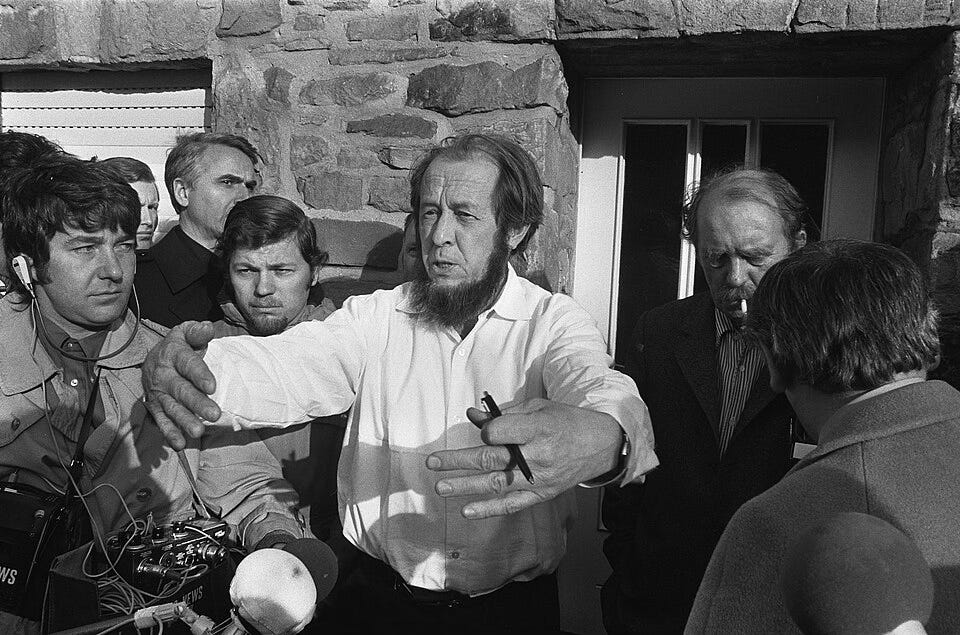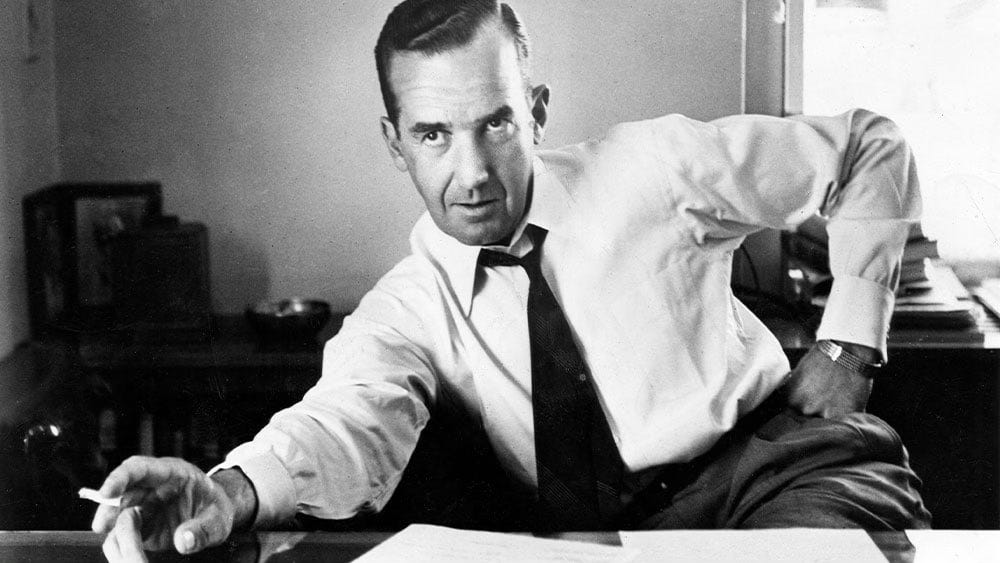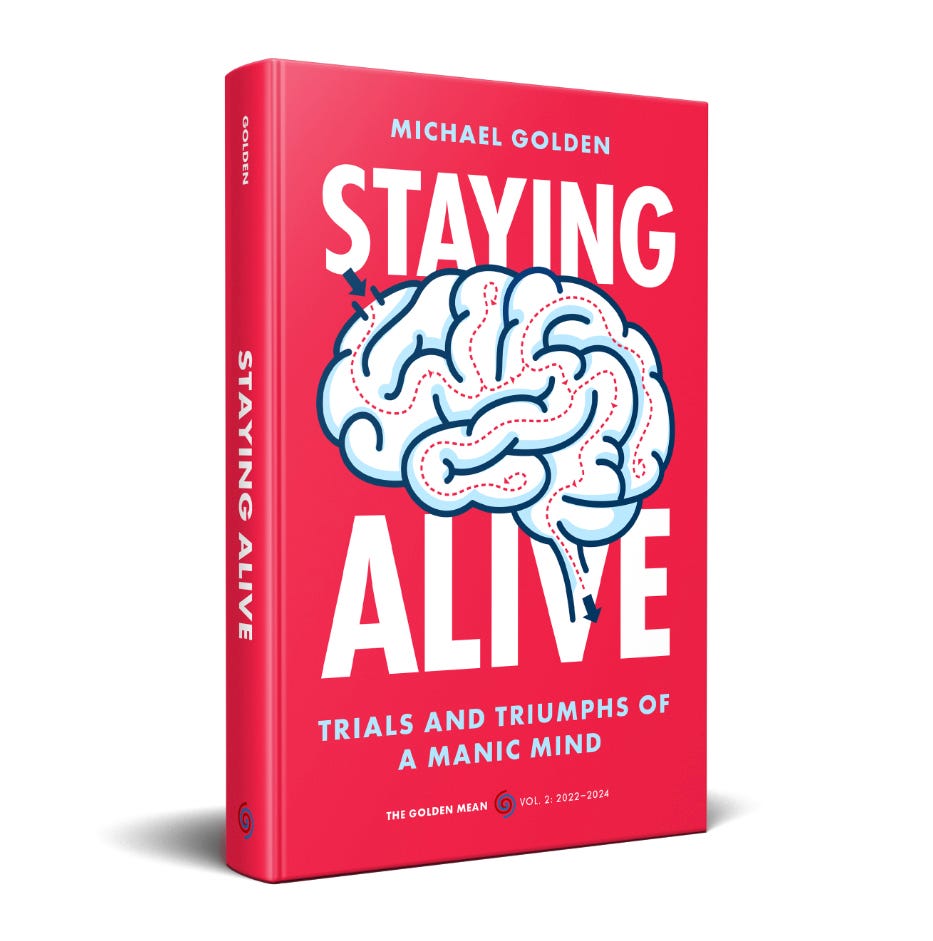Will We Remain Free?
"Each and every one of us is just as important, if not more so, than the entities who're delivering news and information to us."
Lately I’ve been reading about the incredibly dark and ferocious totalitarianism perpetrated on the Russian people by Joseph Stalin. Aleksandr Solzhenitsyn’s The Gulag Archipelago is a detailed, three-volume narrative written between 1958 and 1969, and widely considered one of the most important books of the twentieth century.
Solzhenitsyn himself was a prisoner of the gulag, He survived to tell the tale — not just about his experience, but about the repression, wrongful detention and excruciating torture of millions of his fellow countrymen.
During Stalin’s reign of terror between 1924 and 1953, and especially during “The Great Purge,” the communist dictator falsely arrested political opponents, academics, peasants, government officials, ethnic minorities and anyone else he thought might utter a single negative word about his “leadership.”
Solzhenitsyn goes into detail about the shocking experience of basically being kidnapped by the state — and how nearly everyone went along with it:
“The majority sit quietly and dare to hope. Since you aren’t guilty, then how can they arrest you. ‘It’s a mistake.’ They’re already dragging you along by the collar and you’re still exclaiming to yourself: ‘It’s a mistake. They’ll set things right and let me out. It’s a mistake!’”
But of course that never happened. And once arrested, there was never due process. Just the opposite — sustained physical torture designed to coerce false confessions.
Strangely, as I was absorbing Solzhenitsyn’s descriptions of the brutality dished out by Stalin’s minions, I couldn’t help but wonder to myself: How was this possible? How could people still be surprised when these corrupt authorities showed up at their door?
The next thing I felt was embarrassment and almost a sense of shame that I could even posit those questions. History is rife with examples of ultranationalist fascism. In fact, Adolf Hitler makes Stalin look like an amateur.
Many folks forget or do not know that Hitler and members of his Nazi Party were actually elected by Germans. It was in 1933 that Hitler passed the Enabling Act, solidifying his power and vacating any voice of the people.
But in both of these dictatorships, the press was censored or silenced. An entire tome could be written just about the decades it took for Solzhenitsyn to get his book published; he had to spend years working on it while in hiding. When The Gulag was finally in print in 1973, it was only circulated in the Soviet Union by the underground samizdat. The book was not widely available until 1989.
I was thinking about all of this last night as I watched the Broadway performance of Good Night and Good Luck, which CNN broadcast live to the world. George Clooney directed the eponymous film 20 years ago about Edward R. Murrow’s journalistic triumph over Senator Joe McCarthy, and I loved it.
As I watched last night, it occurred to me that Murrow’s takedown of McCarthy happened in 1954, just four years after Stalin’s death had marked the end of his draconian rule. McCarthy was asserting his own brand of terror in America, conducting “anti-communist hearings and investigations” wherein his accusations were frequently based on unsubstantiated claims or bald-faced lies.
During those years of the "Second Red Scare" in America, a whole lot of people believed what McCarthy was saying. But some other brave people, Murrow chief among them, took personal risks to expose McCarthy’s dangerous demagoguery.
In the lead-up to the Good Night broadcast, a panoply of panels on news channels had been discussing the Murrow era and how he would fit into our current media landscape — if at all.
But I think the far more relevant question is: How would we react now to the kind of reporting Murrow presented during McCarthyism?
The “we” part is the tricky proposition, for “we” represents hundreds of millions of Americans. And we all get our news and information from a broad spectrum of sources. Gone are the days when just a handful of legacy media brands delivered the news to us. Today, literally anyone who can get online can publish to the world.
In some ways, this democratization of journalism has been wonderful. It allows for specialization and more investigation. But it also allows for the distribution of mis- and disinformation. And that makes each one of us just as important — if not more so — than the people or entities that are delivering news content.
We still have a free press in this country, and there’s high quality journalism being turned in every day on matters of national importance. But it doesn’t mean a thing unless we take the time and effort to discern which sources we trust, and which ones we do not.
Of Solzhenitsyn’s work and its impact, philosopher Isaiah Berlin wrote:
“Until The Gulag, the Communists and their allies had persuaded their followers that denunciations of the regime were largely bourgeois propaganda.”
They were not. But tragically, too many Russians were not exposed to the facts. In America, we are showered with them. The key is to care enough to make some sense out of them. In his 1958 “Wires and Lights In a Box” speech, Murrow implored Americans:
“There is a great and perhaps decisive battle to be fought against ignorance, intolerance and indifference.”
It’s almost as if no time has passed.
Let us never get to the point where we are shocked by what our country has become. Where we regret having lost essential rights and freedoms because we weren’t paying close enough attention.
It can happen right before our very eyes.








"Let us never get to the point where we are shocked by what our country has become. Where we regret having lost essential rights and freedoms because we weren’t paying close enough attention.
It can happen right before our very eyes."
Very true. And it can happen quicker than we can imagine. Thanks Mike!